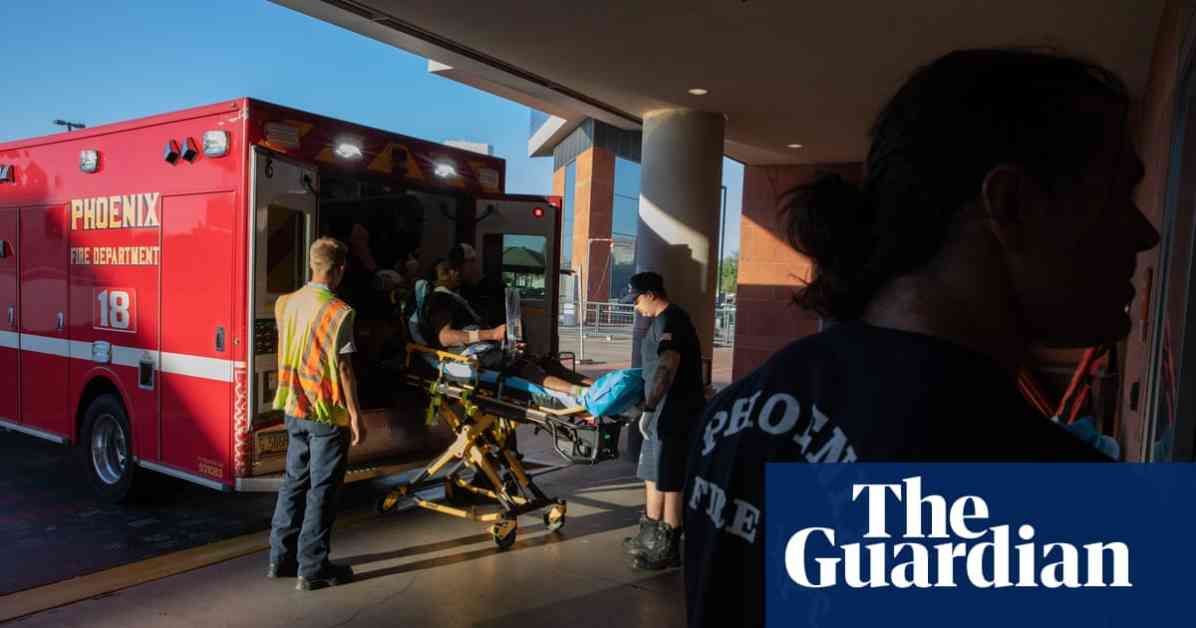In order to better understand the impact of urban heat in Arizona, Brookhaven National Laboratory has deployed mobile weather vans to trailer parks in the state. These vans are equipped to measure various microclimate conditions such as ground and air temperature, wind speed, cloud cover, pollution levels, and rainfall intensity. This initiative is part of the $25m Southwest Urban Corridor Integrated Field Laboratory project funded by the US Department of Energy.
The trailer parks in Arizona are home to low-income communities who are particularly vulnerable to the health effects of extreme heat due to poor insulation and other issues. With a lack of local weather stations in these neighborhoods, there is a risk of “data deserts” where crucial information on heat conditions is missing. Last year, Arizona recorded a record high of 987 heat-related deaths, highlighting the urgent need for accurate data collection and analysis.
By partnering with social scientists, the weather researchers aim to fill in these data deserts and gain a better understanding of how heat affects vulnerable communities. This comprehensive data will also be used to evaluate potential strategies to mitigate the impact of hot weather on these populations.
The deployment of mobile weather vans in trailer parks is a crucial step towards addressing the heat island effect and its disproportionate impact on low-income communities. By collecting precise data on microclimate conditions, researchers will be able to develop targeted interventions to protect vulnerable populations from the harmful effects of extreme heat.
In addition to measuring temperature and weather patterns, the weather vans will also assess pollution levels in these areas. Poor air quality can exacerbate the health risks associated with heat exposure, making it essential to understand the full spectrum of environmental factors affecting these communities.
Overall, the collaboration between weather researchers, social scientists, and community members in trailer parks will provide valuable insights into the complex relationship between heat, poverty, and health. By identifying areas most at risk and implementing effective strategies to combat heat-related illnesses, this initiative has the potential to save lives and improve the well-being of Arizona residents living in trailer parks.


















